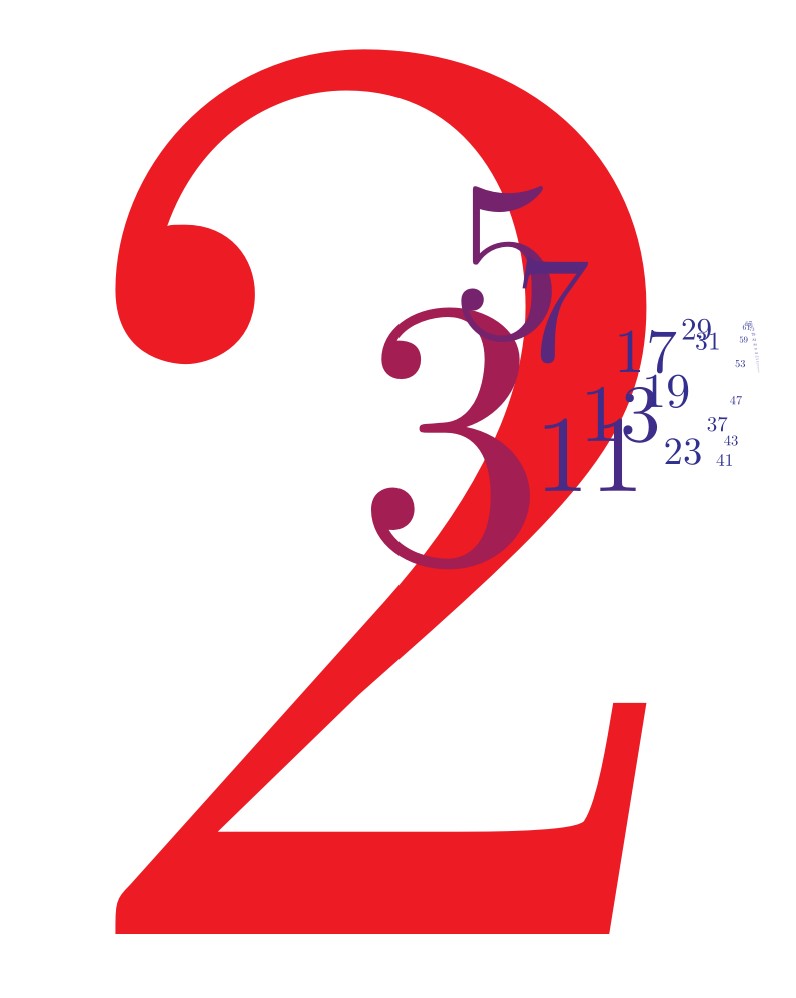A proof of the infinitude of primes, in meter.

Let’s prove the primes’ infinitude
they do exist in multitude
of quite astounding magnitude
we count the primes in plenitude!
‘Twas proved by Euclid way back when
in Elements he argued then
He proved it with exactitude
in his Book IX he did conclude
for any given finite list
there will be primes the list has missed
to prove this gem let number N
be when you multiply them then
multiply the list for fun,
multiply, and then add one
If into N we shall divide
the listed primes seen in that guide
remainder one each leaves behind
so none as factors could we find
but every number has some prime factor
with our N take such an actor
since it can’t be on the list
we thus deduce more primes exist
No finite list can be complete
and so the claim is in retreat
By iterating this construction
primes do flow in vast deduction
as many as we’d like to see
so infinite the primes must be
Thus proved the primes’ infinitude
in quite enormous multitude
of arb’trarly great magnitude
we count the primes in plenitude!
‘Twas known by Euclid way back then
he proved it in the Elements when
in modern times we know some more
math’s never done, there’s new folklore:
For Bertrand, Chebyshev had said
about the puzzle in his head
and Erdős said it once again:
there’s always a prime between n and 2n.
We proved the primes’ infinitude
they do exist in multitude
of inconceiv’ble magnitude
we count the primes in plentitude!
The primes are plenitudinous
they’re truly multitudinous!
Musical video production of Plenitudinous Primes by the supremely talented Hannah Hoffman!


I was just thinking about primes for no particular reason, and, equally randomly, this poem was the first thing that produced a deep warm smile in weeks. (I suspect that pretty much everyone with even a basic interest in STEM would react similarly:) Great stuff!
I am so glad you enjoyed it!
Why I like primes—
We can’t count ’em all cause there’s not enough time!
But can we guess them? I can with the natural numbers naively, any you devise—their progression is purely predictable! and therefore not particularly delictable, where primes are kind of sneaky, and love to surprise.
Those of you who liked this entry and can read French might enjoy « Rationnel mon ℚ » a book inspired by Queneau’s “Exercises in Style”, but changing the main story to proofs of the irrationality of √2.